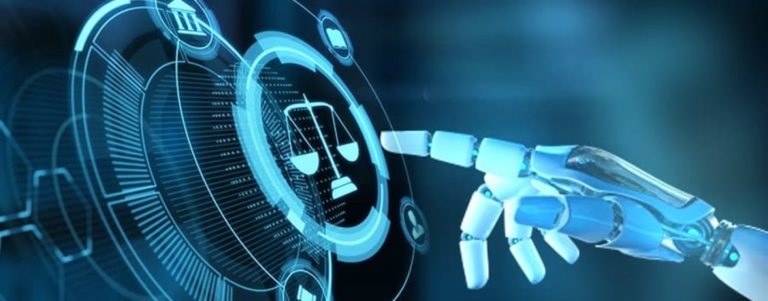Artificial Intelligence enters the realm of the administration of Justice

WILLEMSTAD — “It is a given that Artificial Intelligence (AI) will not go away,” said Carine Jänsch, the Dean of the Bar Association in Curacao in a speech during the installation of new judges at the Common Court of Justice. “AI is used worldwide to optimize judicial databases and to make them more accessible for professionals and incidental users. Application in the administration of Justice is the next step.”
Jänsch said that there is a European ordinance AI in the pipeline that also addresses the use of AI for supporting judicial agencies with explaining facts and the application of the law.
The dean mentioned the following statement from the Supreme Court in Colombia about this issue: “The administration of justice must make optimal use of technology, but it must always consider ethics. Software should not become more important than humans.”
A journalist for The Guardian asked ChatGPT whether judges are allowed to use ChatGPT. Answer: “Judges should not use ChatGPT to judge legal matters. It is not a substitute for the knowledge, expertise and judgment of a human judge.”
Jänsch asked ChatGPT the same question, ten months after the introduction of the technology. This was the answer: “In some jurisdictions judges or legal professionals can use textual information, chatbots like me, as part of their investigation or to understand legal issues. This can help with obtaining more information and analyzing relevant legal matters. Using such technology depends however on the specific rules and practices in a jurisdiction and can vary from one jurisdiction to the other. It is important to look at the policy and the procedures in the relevant jurisdiction.”
The dean furthermore quoted from an article by prof. mr. Ybo Buruma in NJB (A Dutch magazine for experts in law) under the title Chinese lessons about the administration of justice and AI.
Buruma wrote that China began creating a system of smart courts in 2016. Under this system, judges are obliged to consult AI for every case they handle. If they deviate from an AI-advice, they have to motivate their decision. The smart courts have robots called Xiaofa that generate advice about smaller civil disputes. The robots indicate chances of success if someone decides to litigate, estimates costs and points out the risks of going to court.
Beijing has a system that selects cases for which the ruling can be written automatically if there are significant similarities with other cases. Online courts deal with internet-related disputes; there are no human judges involved. The Mobile Minicourt app enables anyone to litigate from a smartphone or to enter into a mediation procedure.
Buruma concludes that the smart courts have increased efficiency and contributed to significant savings in costs and time. There are fewer appeal hearings and there is less need for human judges.
Manuella van der Put, a senior judge at the court in East-Brabant wrote in a thesis that judges and AI cannot do without each other. “Individual judges maintain a clear added value but AI can help with improving efficiency and quality,” she wrote.
Rechtstreeks, a publication of the Dutch Council for the administration of justice, wrote recently that AI is influencing the profession. “Be aware that next to legal issues, there are also ethical and social values in play,” the magazine wrote.

Carine Jänsch concluded her speech with this remark: “Even if you make a serious effort to keep AI at bay, it will enter your life.”
###
Related news:
Eva Bos appointed as Solicitor-General
Schoop succeeds Maan as Attorney-General


























